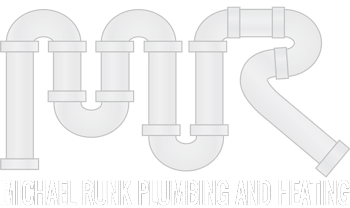Water is an essential resource that we rely on for drinking, cooking, cleaning, and other everyday activities. However, it is not always guaranteed that the water coming out of our taps is of the highest quality. Water treatment is crucial in ensuring that our water is safe and healthy for consumption. But how often should you have your water treated? While we can’t give you an exact number, we can give you factors to consider when determining the frequency of water treatment.
Quality of the Water Source
The first factor to consider is the quality of your water source. If you receive your water from a public water supply system, it is typically treated at the source to meet safety standards. In such cases, regular testing by the responsible authority ensures that the water is safe. However, if you have a private well or alternative water source, it is essential to monitor and treat your water regularly, as these sources are more susceptible to contamination.
Water Testing
Regular water testing is crucial in determining the need for treatment. Testing can identify potential contaminants such as bacteria, viruses, heavy metals, nitrates, pesticides, and other pollutants. The frequency of testing depends on various factors, including the source of your water, local environmental conditions, and any previous issues with water quality. As a general guideline, private well owners should test their water at least once a year. However, if there are specific concerns or changes in the water’s taste, odor, or appearance, more frequent testing is recommended.
Treatment Methods
The type of water treatment system you have installed also affects the frequency of maintenance and treatment. Different systems target specific contaminants, such as carbon filters for removing chlorine, reverse osmosis for purifying water, or ultraviolet (UV) disinfection for killing bacteria and viruses. Each treatment method has its own maintenance requirements and lifespan. Manufacturers usually provide guidelines on how often filters need to be replaced or systems serviced. Following these recommendations is crucial to ensure optimal performance and effectiveness.
Environmental Factors
Environmental factors, such as changes in weather patterns, local industries, or nearby construction activities, can affect water quality. For example, heavy rainfall can lead to increased runoff and potential contamination of water sources. Similarly, nearby industrial activities might introduce pollutants into the environment. Stay informed about any local developments that could impact water quality and adjust the frequency of water testing and treatment accordingly.
Health and Safety Concerns
If you or your family members experience unexplained illnesses, gastrointestinal issues, or allergic reactions that could potentially be related to water consumption, it is essential to investigate the water quality as a possible cause. In such cases, consult a water treatment professional or your healthcare provider to assess the need for more frequent or specialized water treatment.
Professional MD Water Treating
Ensuring the safety and quality of your water supply is vital for your well-being. Michael Runk Plumbing and Heating is here to help you test and treat your water. No matter if you need to have your water treated once a year or periodically throughout the year, we’re always here to ensure that you have safe, clean water. Contact us today to schedule an appointment

